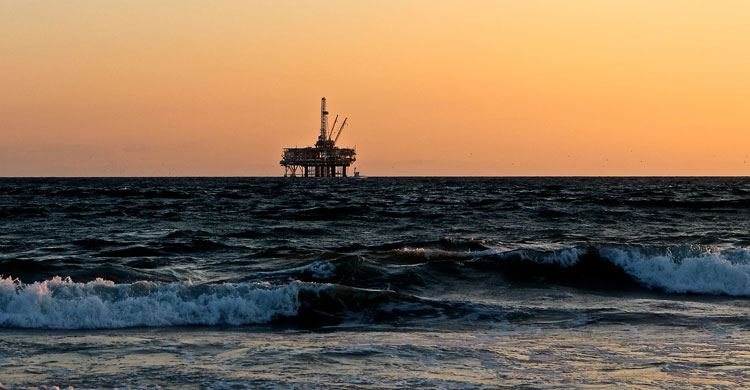Addressing the Impact of Underwater Noise by Hydrocarbon Exploration in South-Eastern European Waters

© Pixabay.com
Bonn, 24 November 2017- During a two-day workshop on 22 and 23 November in Split, Croatia, 62 participants from 17 countries discussed impacts of underwater noise on marine wildlife in south-eastern Mediterranean waters. Searching for new hydrocarbon reservoirs to exploit faces criticism due to its consequences for the world’s climate. Another major concern is the noise generated by airguns used for oil exploration.
Oil exploration uses “airguns” which emit explosive sounds of up to 260 decibels every 10 to 12 seconds for weeks or even months into the sea and towards the seafloor. This, poses a threat to many marine animals, including cetaceans, seals, turtles, fish and invertebrates, and jeopardizing efforts to re-build fish stocks. The impacts of this explosive sound range far beyond the areas where the exploration is taking place and also pose a particular challenge for bilateral and multilateral cooperation among countries.

Workshop participants included officials from environment and energy ministries and authorities, international environmental agreements including CMS, ACCOBAMS and the General Fisheries Commission for the Mediterranean (GFCM), and the EU Commission, as well as tourism and fisheries interest groups, scientists and NGOs. The region in question has been increasingly targeted by the oil industry in recent years, with numerous seismic surveys being planned.

In a series of presentations by experts from different disciplines, amongst others about the impacts of noise on fish stocks and the entire marine food web, and about less noisy alternative technologies, this workshop presented an opportunity only one month after the adoption of the CMS Family Guidelines on Environmental Impact Assessment for Marine Noise-generating Activities at CMS COP12 in Manila to promote them to the public sector in the region.
On the second day, participants discussed potential steps for action that would improve the situation in the region. A comprehensive action plan has been developed and will be finalized within the coming days.
Workshop participants agreed that the current situation urgently needs improvement. Key steps that were recommended include:
- The transposition of the CMS guidelines into national legislation, bearing in mind national context and legal structures
- The reduction of seismic activities in the region
- The promotion of the development and mandating the use of best available quietening technologies and requiring operators to demonstrate that they are not using sources that are more powerful than necessary and at unnecessary frequencies
- In line with the objectives of the Paris Agreement 2015, an end to subsidies for the oil and gas industry. Instead, the use of public money for the identification of alternative approaches to mitigate ocean noise pollution should be encouraged.
The two-day workshop was organized and hosted by OceanCare, a CMS Partner organization, and the Natural Resources Defense Council (NRDC), and was technically and financially supported by the Deutsche Bundesstiftung Umwelt (DBU) - the German Federal Environmental Foundation.
For more information please contact Ms. Heidrun Frisch-Nwakanma.
Last updated on 28 November 2017


